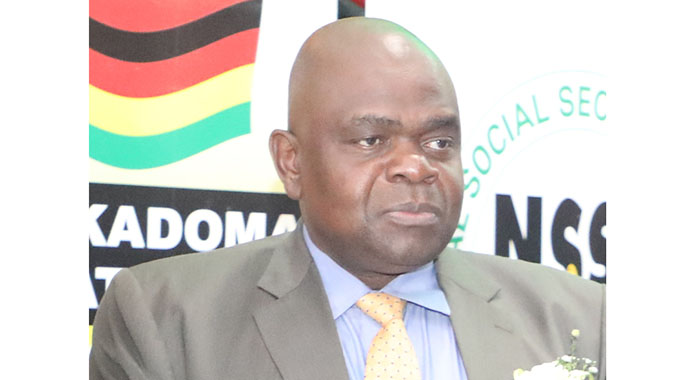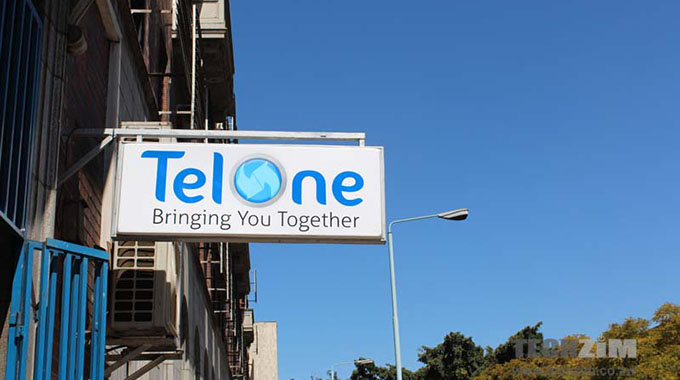Employers congress starts

Oliver Kazunga Bulawayo Bureau
THE 37th Employers Confederation of Zimbabwe (Emcoz) annual congress begins in Bulawayo today, with delegates expected to deliberate on a range of issues, including the impact of the re-introduction of the local currency on business operations.
Government outlawed the use of multi-currency system on all forms of local transactions in June this year as part of efforts to bring sanity in the economy in line with the Transitional Stabilisation Programme.
Emcoz president Dr Israel Murefu said between 100 and 120 delegates were expecting to attend this year’s congress under the theme: “Managing Turbulence for Sustainable Business”.
“The major issues under discussion are around the introduction of mono-currency as a result of the promulgation of SI 142 of 2019 and its impact on business operations,” he told our Bulawayo Bureau.
“In addition, we want to look at issues around price escalations and the attendant rampant inflation which is ravaging the economy and impacting negatively on business operations as well as incomes, especially of working people.”
Recently, prices of basic commodities increased astronomically in what has been attributed to the fluctuating interbank exchange rates and forex shortage.
“We will also discuss progress with respect to the TNF (Tripartite Negotiating Forum), which has just been operationalised and explore ways of making it effective in terms of guiding national dialogue on socio-economic issues,” said Dr Murefu.
“The TNF is still new as a legal platform for social and economic dialogue, but the fact that it is now a creature of statute marks a break with the past when it used to be a voluntary platform.”
Dr Murefu said the TNF was now a legal body under which employers expect binding resolutions to be made once business, labour and Government agree a common position on any particular issue under discussion.
Public Service, Labour and Social Welfare Minister Dr Sekai Nzenza will be the guest of honour at the event.
Other dignitaries lined up include Industry and Commerce Minister Mangaliso Ndlovu, Reserve Bank of Zimbabwe Governor Dr John Mangudya and Zisco acting board chairman Dr Gift Mugano.
Dr Murefu said employers also expect to tackle issues around the energy deficit in an environment where the key ingredients that drive production, namely electricity, fuel and water are in short supply and exert a crippling effect on businesses.
He said it was essential that the energy crisis facing the country is addressed effectively if Zimbabwe is to become productive and competitive as an economy and investment destination.
“There are other issues impacting the economy and business which we intend to discuss and attempt to proffer solutions or influence the authorities for policy decisions apart from the main ones I have mentioned,” he said.
Dr Murefu said due to issues of foreign currency shortage, obsolete equipment, rising inflation, and power constraints, the obtaining operating environment was tough for business.
“This makes doing business very difficult, and it is like the country has taken the clock back to 2008, with the only difference this time round being availability of goods in the shops with very limited cash,” he said.
“And yet in 2008, there was plenty of money in circulation, but without goods to buy in the shops.
“Employers are, therefore, struggling to stay afloat and to meet workers and customers expectations because of the harsh operating environment, but we commend them for being resilient and not closing shop under very difficult times.”







Comments